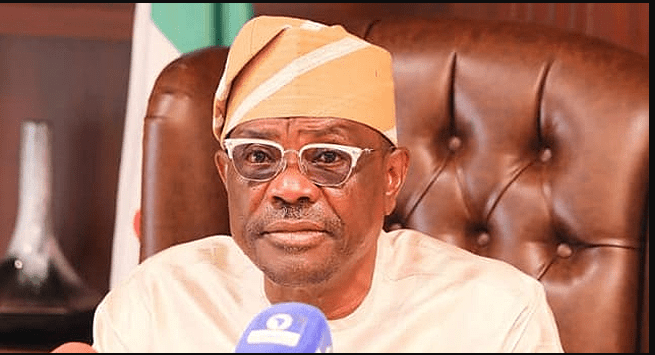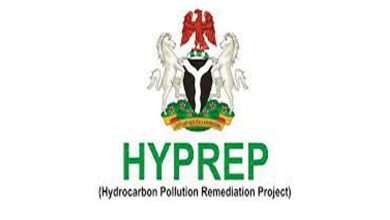
Goodhead also accused Wike of looting $300 million meant for the Ogoni people.
A member of the House of Representatives, Boma Goodhead, has accused minister of the Federal Capital Territory, Nyesom Wike, of masterminding the murder of Bako Angbashim, a Divisional Police Officer in Ahoada East Local Government Area of Rivers State.
Goodhead, who represents Asari-Toru Federal Constituency, made the claim on Friday when she and Rep Awaji-Inombek Abiante led a solidarity march to the Rivers State Government House in support of Governor Siminalayi Fubara.
The march came on the heels of the political crisis rocking the state following the face-off between Fubara and his predecessor, Wike.
Goodhead, 53, urged security operatives to question Wike over the death of Angbashim.
The DPO was killed during a gunfight with a cult gang on Friday, September 8. The police have since paraded his suspected killers.
The federal lawmaker, who is the sister of former militant leader Asari Dokubo, also alleged that Wike lost his polling unit during the presidential election.
Goodhead further accused Wike of looting $300 million meant for the Ogoni people, describing the FCT minister as ”a pathological and demonic liar.”
According to her, Wike has been boasting that he has the judiciary and the presidency in his pocket.




